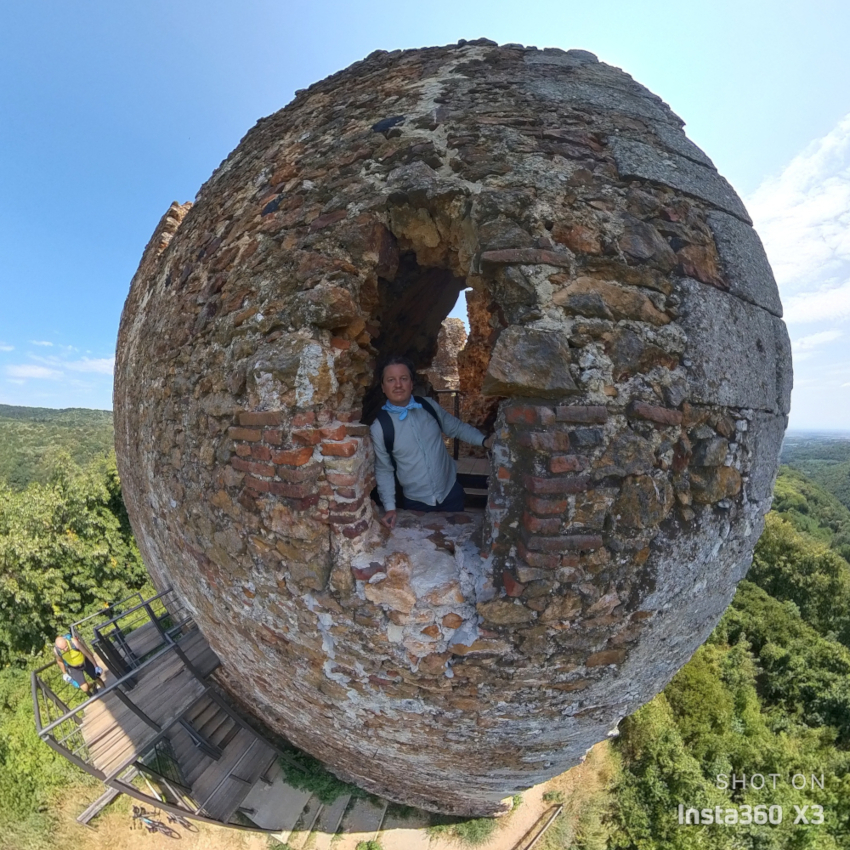Sem
I am a software engineer living and working in Belgrade, Serbia. My hobbies contain a lot of things including cycling, bikepacking, photography. My political view are closer to left-wing anarchism.
All the photos are made by myself (if not specified other) and are shared under CC-BY 4.0.
- 0 Posts
- 0 Comments
Joined 2 years ago
Cake day: April 27th, 2023
You are not logged in. If you use a Fediverse account that is able to follow users, you can follow this user.

